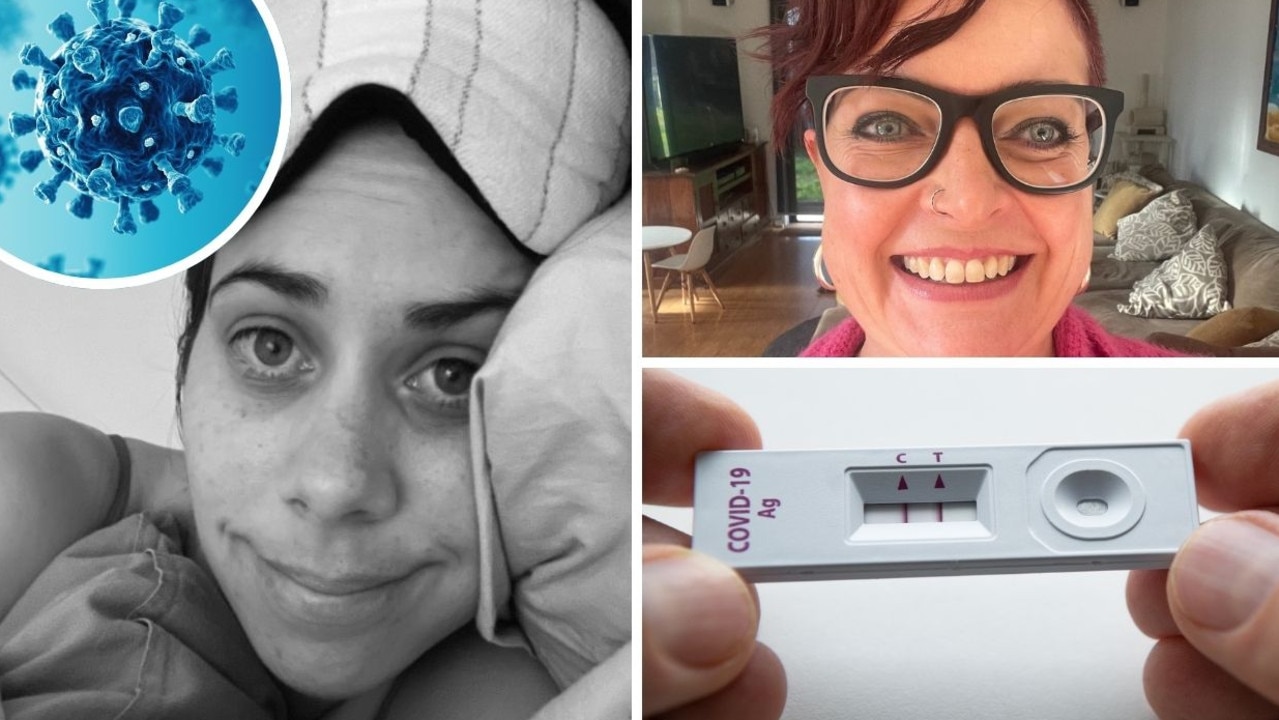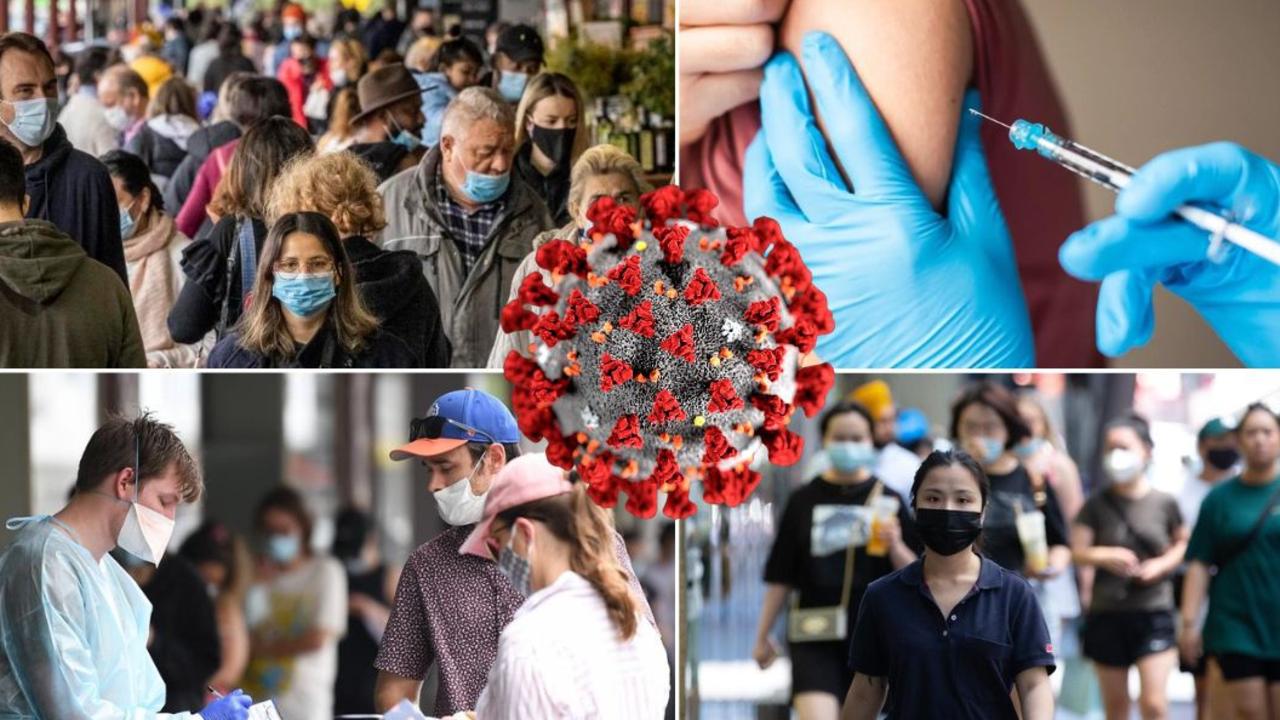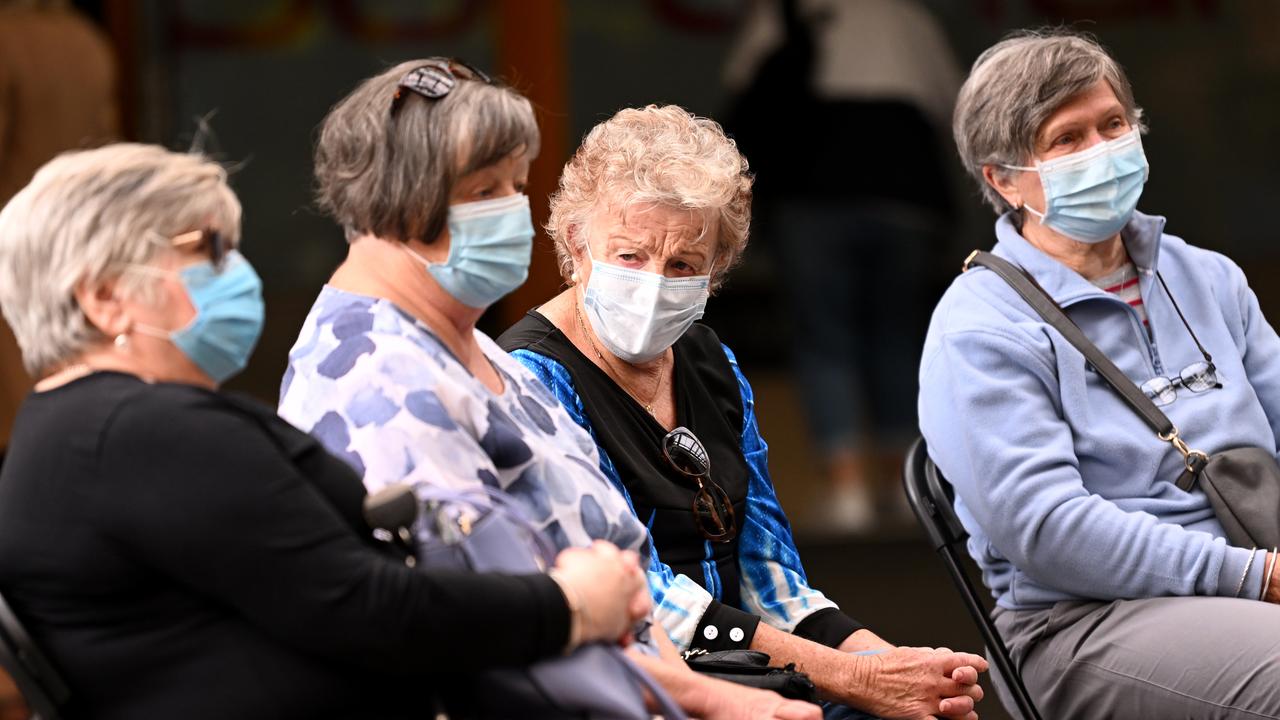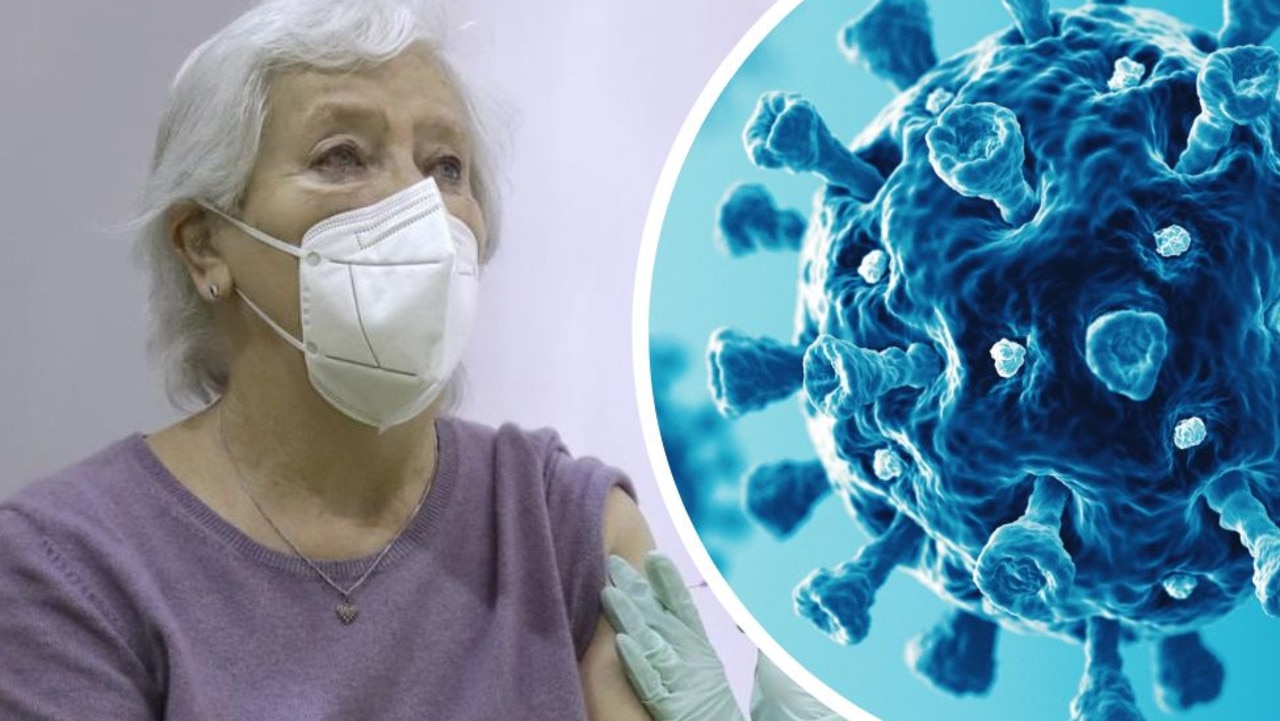New cancer gene test: Are you eligible?
In a world first, young Australians will be offered a genetic test to discover whether they carry cancer causing genes.
Coronavirus
Don't miss out on the headlines from Coronavirus. Followed categories will be added to My News.
Ten thousand young Australians aged between 18 and 40 will be given a free genetic test to discover whether they carry cancer causing genes.
The world first program will allow affected people to take preventive measures such as yearly colonoscopies or have their breasts removed to prevent cancer.
The testing – to be rolled out next year – will make Australia the world’s first nation to offer preventive DNA screening through a public healthcare system.
The pilot study will develop a new DNA screening test that could cost as little as $100 and could later be used to introduce nationwide genetic screening to prevent cancer.
Monash University researcher Associate Professor Paul Lacaze was awarded a $2.97 million Medical Research Future Fund (MRFF) grant to run the program.
“This type of preventive DNA testing will not only save lives, but also save the Australian public healthcare system money by preventing thousands of cancers,” Professor Lacaze said.
Health Minster Greg Hunt will announce the grant in Melbourne on Wednesday.

Currently, genetic testing for cancer risk is only offered to a proportion of those with symptoms or a family history of cancer.
This misses up to 90 per cent of high-risk individuals in the population who carry these genetic risk variants, which mostly remain undetected and people unaware of their risk, Professor Lazcaze said.
The screening test will look for the Hereditary Breast and Ovarian Cancer (HBOC) genes including BRCA1 and BRCA 2 that put carriers at high risk for breast, ovarian, prostate and pancreatic cancer, and melanomas.
It will screen for Lynch Syndrome genes linked to hereditary colorectal cancer and gastrointestinal cancer predisposition.
Together these syndromes affect 1 in 66 people.
The test will also look for gene variations linked to familial hypercholesterolemia.
Effective, proven interventions to reduce cancer risk are available for carriers of the genes and they are supported by existing clinical guidelines, Professor Lacaze said.
“Whilst genetic tests have been available for these cancer predisposition syndromes for many years, they’ve only been offered to a very small number of people,” he said.
“My vision is to use them in a far more widespread, scalable and preventive way, to find far more people in the population at high risk, offering them access to preventive care and informed decision making far earlier,” he said.
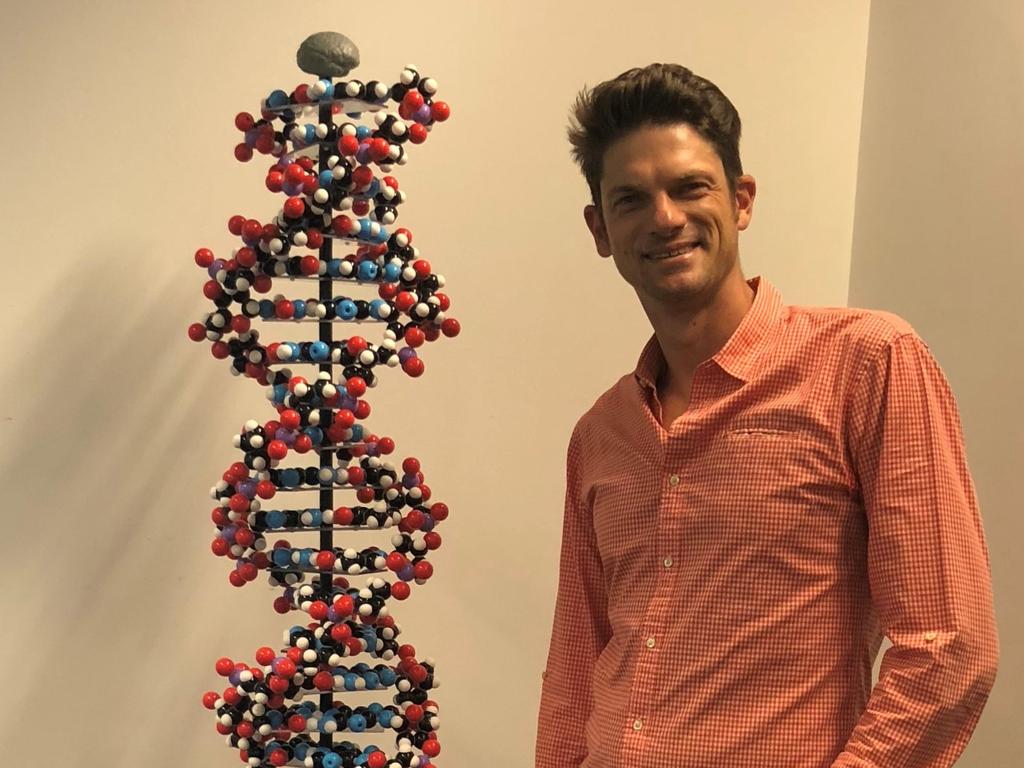
Young people will be invited to take part in the study via a targeted social media campaign.
They will receive telehealth genetic counselling provided through the Garvan Institute to explain the consequences of the genetic test.
The project will try to make the sample of 10,000 people as representative of the general population as possible including both men and women, different socio economic regions, and even ethnic groups.
“It’s a two- step process, there’s a registration step where we’ll have general information on people and then we can select from there, who will actually be invited to the study,” he said.
The genetic screening program is one of 105 medical research projects to share in funding from the Government’s $20 billion Medical Research Future Fund.
The projects will improve health outcomes, including for Australians with cancer, dementia, brain injuries, heart problems, neurofibromatosis and many others.
The Stem Cell Mission will receive $18.7 million for 10 projects that will address illnesses facing many Australians and their families, including heart disease, COVID-19, epilepsy and childhood cancer.
The Murdoch Children’s Institute will receive almost $1 million to evaluate the potential of a bioengineered heart tissue to be used for congenital heart repair in children. This project will radically transform patient outcomes and improve the quality of life of children affected by heart disease.
Through the Genomics Health Futures Mission, nine researchers will receive a share of $46.5 million for genomics research, which will support health clinicians to identify genetic disorders and diagnose rare diseases faster.
Australian researchers fighting against paediatric and childhood cancers will also receive $18.4 million as part of the 2020 Paediatric Cancer Grant Opportunity and 2020 Childhood Cancer Research Grant Opportunity, to improve treatment, therapies and survival rates for Australian kids.
University of Melbourne researchers investigating further COVID-19 vaccine candidates will get $6 million for two projects to help protect Australians against future pandemics.
Mix and match: Pfizer, Moderna jabs could protect for years
Surgeons’ greed exposed: Calculate your fee hike
Originally published as New cancer gene test: Are you eligible?



